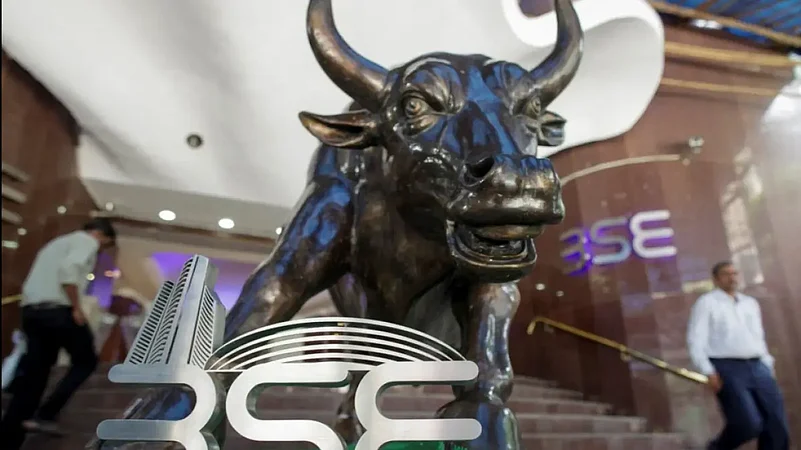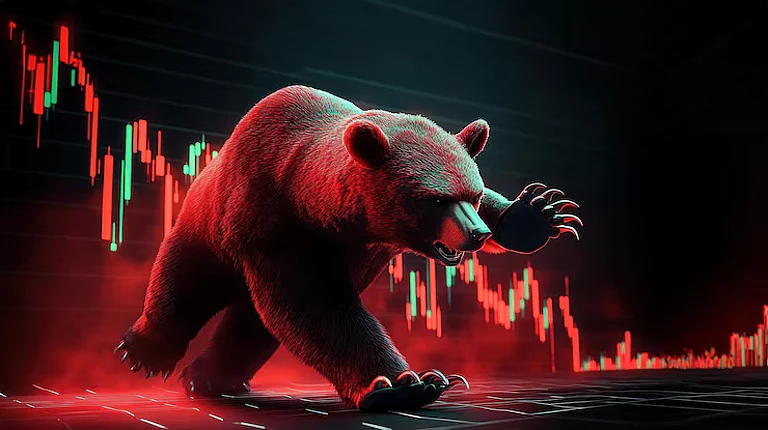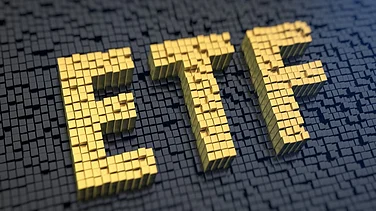Benchmark indices Sensex and Nifty tanked sharply in morning trade on December 13, pulled down by broad based selling across sectors as global market jitters weighed on investor sentiment.
However, during the afternoon session, market witnessed a sharp recovery lead by gains in auto, FMCG and telecom stocks.
At 12.25 PM, the Sensex was hovering around 81,451.40 points, up 155 points or 0.19 per cent from previous day’s close. The Nifty50 was trading 24.75 points or 0.10 points up at 24,583.55 points.
Earlier, the indices fell over 1 per cent due to combination of factors including selling in metal stocks on a strong US dollar, foreign fund outflows and weak global cues.
The BSE Sensex slumped over 1,208 points or 0.48 per cent to hit day’s low of 80,082.82. The NSE Nifty fell 367.9 points or 1.5 per cent to touch low of 24,180.80 on Friday.
The Nifty Metal stocks fell up to 5 per cent due to uncertainty over China’s stimulus plans. Investors were concerned that a rebound in Chinese economy drives much of the global metal demand, which significantly impact prices.
Other sectoral indices including Nifty Bank, Auto, Financial Services, PSU Bank and Realty also fell by 1.5 to 2.7 per cent.
India VIX, the fear gauge, jumped around 9.9 per cent to 14.5.
Pawan Parakh, Fund Manager at Geojit Financial Services said the muted global market cues are driving the markets down today. “While the sharp correction in equity markets have abated but growth concerns are not pushing investors to aggressively buy in to the markets,” he added.
Here's what led to the market volatility today:
Falling Metal Stocks
Nifty Metal index fell over 2 per cent on Friday and touched day’s low of 9,239.10. All the 14 index constituents were declining. Steel Authority of India Limited (SAIL) and NMDC shares tanked over 4 per cent. Tata Steel, Hindustan Copper, JSW Steel, Hindalco, Welsun Corp fell over 2 per cent. Other stocks including Jindal Steel, NMDC, Hindustan Copper and Welspun Corp fell over 1 per cent each.
This comes after China’s latest stimulus package, vowed to revive its economy, lacked details, yet again. At its latest high level meeting on Thursday, China affirmed its recent policy short and emphasised on plans to boost growth. However, skepticism swept over investors as officials refrained from providing details on the economic revival plans.
Elara Securities in a recent report maintained a cautious outlook on the domestic steel industry due to weak demand recovery post-festivals, subdued steel prices, limited export opportunities, and tepid response to China's stimulus package.
“Potential actions by upcoming US President Donald Trump could affect China's metal exports and domestic demand. However, lower coking coal prices and potential anti-dumping duties may provide some relief,” the brokerage said.
“We are positive on the non-ferrous sector, expecting higher aluminium and alumina prices, along with lower thermal coal prices, to benefit companies in the near term,” it added.
Inflationary Concerns
India’s CPI-based retail inflation eased to 5.48 per cent in November from 6.2 per cent in October, marginally above RBI’s threshold of 6 per cent. It came with the RBI’s comfort zone due to easing food prices. Food inflation softened to 8.2 per cent in November from 9.69 per cent in October, primarily due to vegetable prices falling to 29.33 per cent from 42.18 per cent.
However, rural inflation accelerated to 9.10 per cent, up from 6.68 per cent in October, while urban inflation rose to 8.74 per cent from 5.62 per cent in the previous month.
“The inflation easing head does not guarantee a deep, linear rate cut cycle. The policy trade-offs are getting acute with tricky and small window of conventional rate cuts as global dynamics turn more fluid. Besides, mounting forex pressures and increasing cost of forex intervention will need to be weighed before cutting rates deeply ahead,” said Madhavi Arora, Chief Economist at Emkay Global Financial Services.
Renewed FII Selling
Concerns around FII selling still persist as foreign institutional investors offloaded Indian equities worth Rs 4,572 crore on December 11 and 12.
“Given the high valuations in India FIIs are likely to sell more at every market rise. Selling has been profitable for FIIs since the dollar has been appreciating after the US election,” said VK Vijayakumar, Chief Investment Strategist at Geojit Financial Services.
Stronger Dollar
In addition, US treasury yields, which have seen their biggest weekly increase this year, are dampening expectations for deep US rate cuts in 2025.
“The rising dollar is a concern since it can lead to imported inflation. Nifty is unlikely to break from the range of 24500 - 24850. Buying will emerge at the lower end of the band and selling will resume at the higher end of the band,” he added.
































